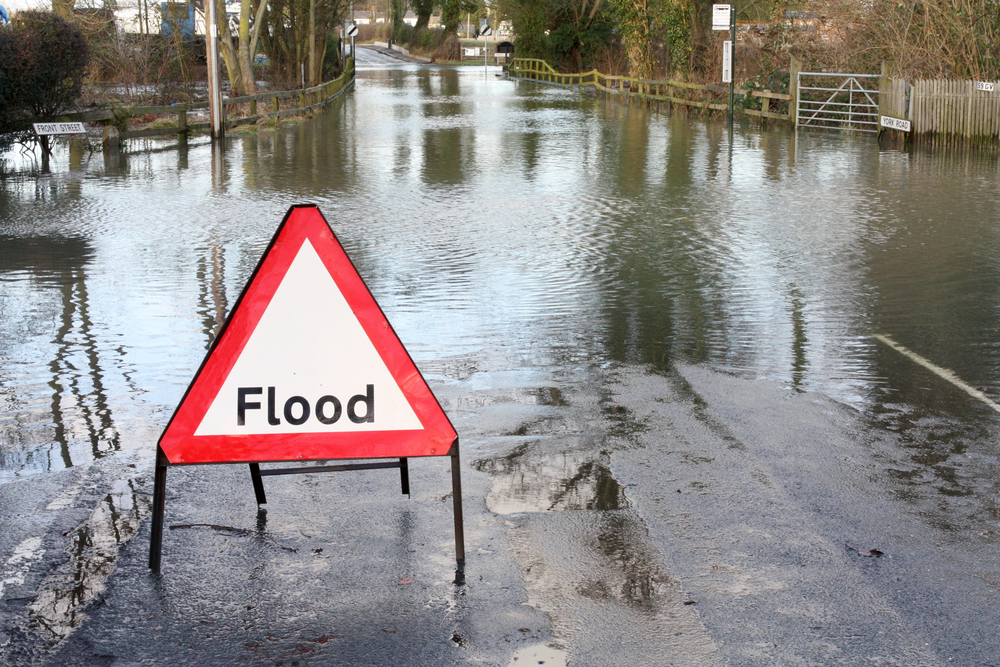Being a tropical country and located along the Pacific Ring of Fire, Papua New Guinea is prone to many natural disasters such as cyclones, heavy rains with flooding, and volcanic eruptions.
While PNG has a general dry season from June to September, and a rainy season from December to March, the main variable of its climate is rainfall – being unpredictable and sometimes causing heavy damage, erosion, landslides and flooding.
Flooding is extremely dangerous, as other hazardous disasters can be; it has the potential to destroy an entire village, town or city, causing extensive damage to life and property.
The following are tips in knowing what to do during a flood:
- Turn off all main power switches, turn off gas and electrical appliances
- If time allows, pack:
- a bottle of drinking water
- snacks
- cash
- first aid supplies
- battery-powered radio with extra batteries
- torches
- extra clothing, towel and blankets
- toiletries and other things, especially if you have a baby/infant, toiletries for them
- Important documents/family documents: birth certificates, marriage cert. insurance policies etc…
- Be alert, monitor your surroundings and act quickly
- Move to high grounds when floods occur – avoid low areas that may be submerged in flood waters. Flash floods develop quickly; do not wait until you see water rising
- Do not walk/drive through flowing streams or flooded roadways
- Stay away from power lines and electrical wires
- If you find yourself in a situation where the flood waters have risen before you can evacuate, go to the top floor/attic or the roof top.
- Be attentive to radio announcements for the latest information and advice
- Return home only when advised by authorities
- Be aware of areas where floodwaters have retreated and watch out for debris. Floodwaters often erode roads and walkways. Always travel with care.
- Stay informed; monitor local conditions and be aware of the situation, and remember that floodwater is toxic – never play or swim in floodwaters.
Here are some articles that may broaden your knowledge in being flood smart:
Before, During, and After Flooding
During A Flood
Know the risks and get prepared
A detailed guide to help you rebuild your home after a flood can be found here: http://rdcrss.org/1pGF8x3


